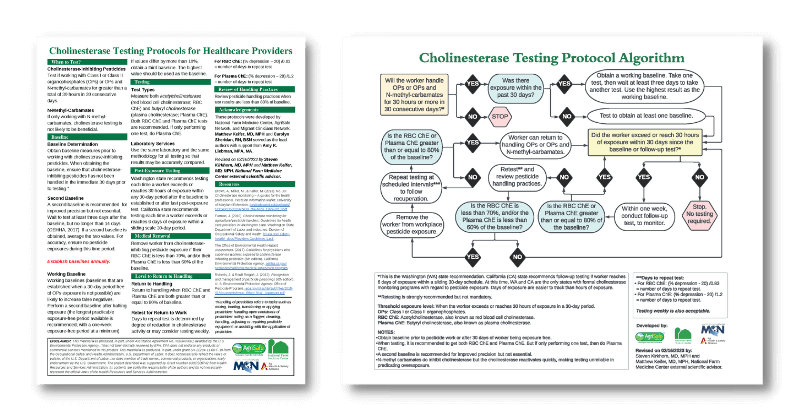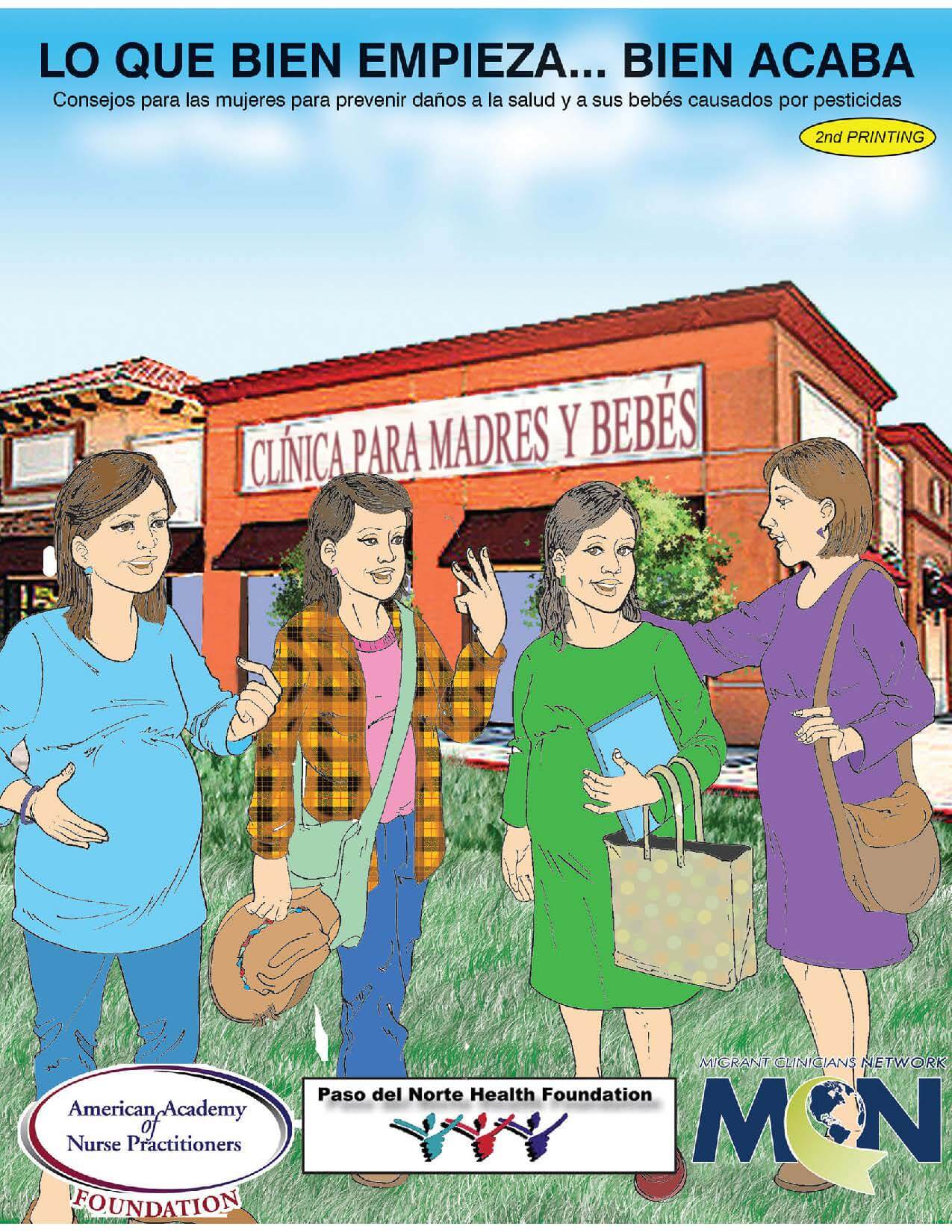Cancer statistics for Hispanics/Latinos, 2012 by Rebecca Siegel MPH, Deepa Naishadham MA, MS, Ahmedin Jemal DVM, PhD
Article first published online: 17 SEP 2012
Abstract
Hispanics/Latinos are the largest and fastest growing major demographic group in the United States, accounting for 16.3% (50.5 million/310 million) of the US population in 2010. In this article, the American Cancer Society updates a previous report on cancer statistics for Hispanics using incidence data from the National Cancer Institute, the Centers for Disease Control and Prevention, and the North American Association of Central Cancer Registries and mortality data from the National Center for Health Statistics. In 2012, an estimated 112,800 new cases of cancer will be diagnosed and 33,200 cancer deaths will occur among Hispanics. In 2009, the most recent year for which actual data are available, cancer surpassed heart disease as the leading cause of death among Hispanics. Among US Hispanics during the past 10 years of available data (2000-2009), cancer incidence rates declined by 1.7% per year among men and 0.3% per year among women, while cancer death rates declined by 2.3% per year in men and 1.4% per year in women. Hispanics have lower incidence and death rates than non-Hispanic whites for all cancers combined and for the 4 most common cancers (breast, prostate, lung and bronchus, and colorectum). However, Hispanics have higher incidence and mortality rates for cancers of the stomach, liver, uterine cervix, and gallbladder, reflecting greater exposure to cancer-causing infectious agents, lower rates of screening for cervical cancer, differences in lifestyle and dietary patterns, and possibly genetic factors. Strategies for reducing cancer risk among Hispanics include increasing utilization of screening and available vaccines, as well as implementing effective interventions to reduce obesity, alcohol consumption, and tobacco use. CA Cancer J Clin 2012;. © 2012 American Cancer Society.

